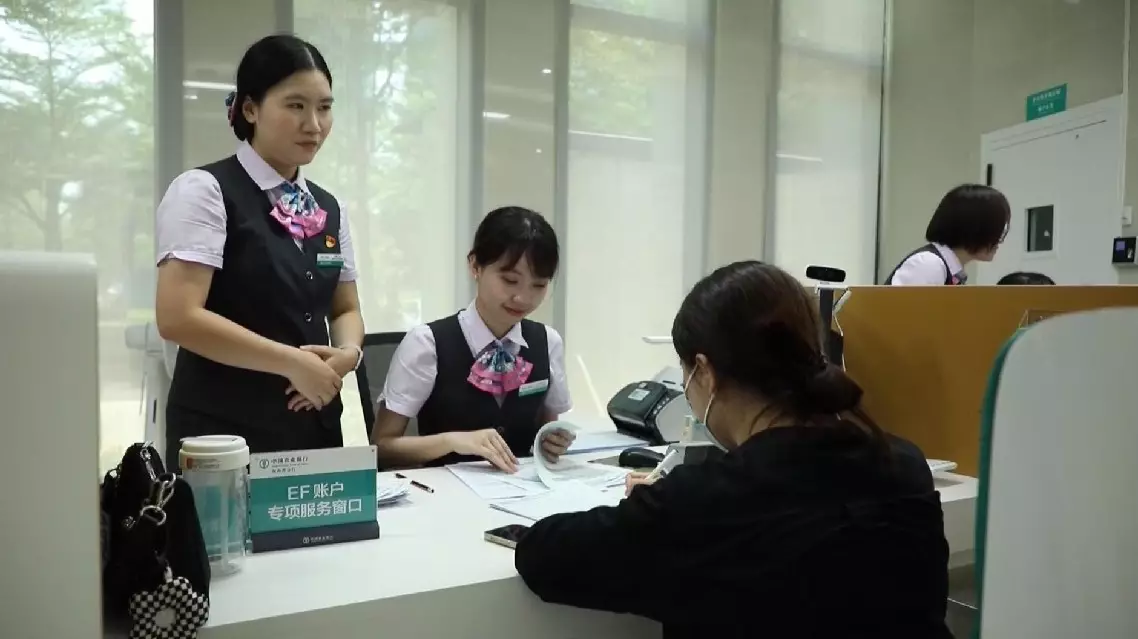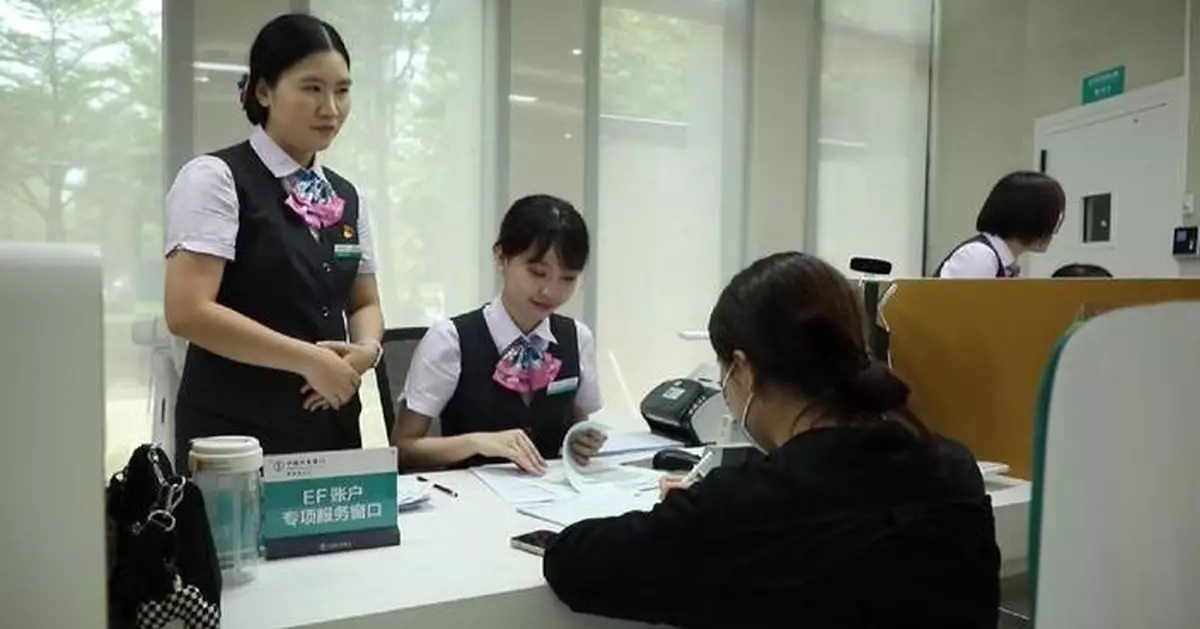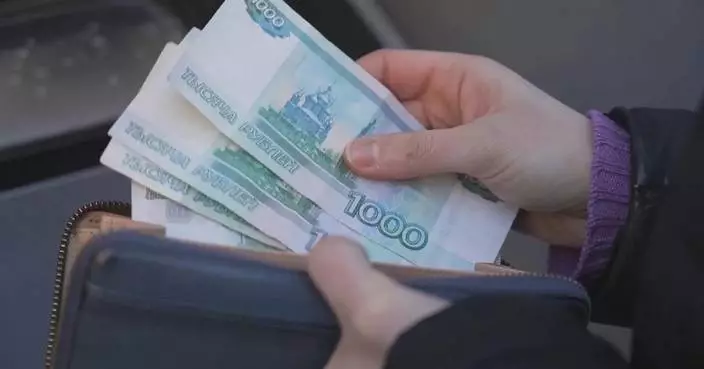Ten banks in China's tropical island province of Hainan have opened electronic fence (EF) accounts in its free trade zone as the relevant management plan to promote free trade and foreign investment took effect on Monday.
The banks have opened EF accounts for a total of 34 companies and processed various transactions totaling 284 million yuan (about 40 U.S. million dollars) as of Monday.
Finance officials said EF accounts provide a more facilitated environment for cross-border transactions and currency exchange by connecting both domestic and foreign markets and resources.
"The account will further enhance the free and convenient flow of cross-border capital, promote the liberalization and facilitation of trade and investment, and support various economic, trade, investment and financing activities of enterprises in the Hainan Free Trade Zone," said Gao Runheng, deputy director of the Office of the Finance Commission of the Communist Party of China (CPC) Hainan Provincial Committee.
Officials also said they would expand their services, step up relevant measures to support enterprises in the free trade zone and improve the level of trade and investment.
"After the successful launch of the EF account, we will continue to promote the construction of related business systems in more banks, and guide the banks that have already introduced the EF account to make full use of the functions and advantages of the account, so as to provide better cross-border financial services to enterprises with foreign trade and investment needs," said Xie Ruichun, Vice President of the People's Bank of China Hainan Branch.

Hainan’s electronic fence bank accounts in effect to facilitate free trade





















































